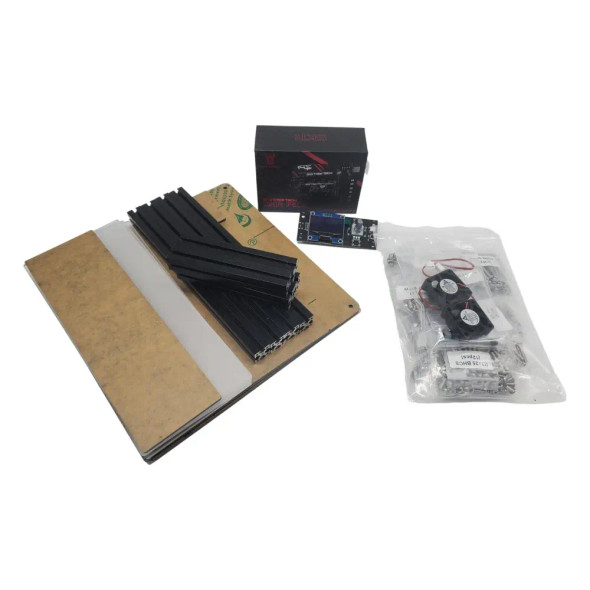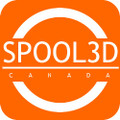Filament Printers
- Product
- Qty in Cart
- Quantity
- Price
- Subtotal
-
On Sale

Voron 0.2 Upgrade Kit
SPOOL3D
$35.00 - $154.00Free shipping in Canada for orders over $140 before tax. (via Canada Post) Upgrade your Voron 0.1 to version 0.2 with this complete kit. Includes all extrusions, panels, fasteners, control board with enough fan outputs, display, and more. Top hat...$35.00 - $154.00
FDM (Fused Deposition Modeling)
How It Works:
FDM is a widely used 3D printing technology that builds objects layer by layer by extruding a thermoplastic filament through a heated nozzle. The material cools and solidifies quickly as it is deposited onto the print bed, creating each layer of the model.
Materials:
- Filaments: Commonly used materials include PLA (Polylactic Acid), ABS (Acrylonitrile Butadiene Styrene), PETG (Polyethylene Terephthalate Glycol), TPU (Thermoplastic Polyurethane), and more.
- Characteristics: These materials come in various colors and properties, offering options for strength, flexibility, and ease of use.
Advantages:
- Size: FDM printers have the widest range of 3D printer sizes. From small scale to large scale 3D printers, they outsize other printing technologies.
- Affordability: FDM printers are generally more affordable and accessible, making them popular for both hobbyists and professionals.
- Material Variety: A wide range of filament types and brands are available, allowing for customization based on the application.
- Ease of Use: FDM technology is relatively straightforward and user-friendly, with many printers offering plug-and-play functionality.
Disadvantages:
- Layer Lines: Prints can have visible layer lines, which may require post-processing for a smoother finish.
- Resolution: FDM printers typically have lower resolution compared to resin and SLS printers, which can impact detail and surface quality.
Applications:
- Prototyping: Ideal for creating functional prototypes and concept models.
- Hobby and Home Use: Suitable for DIY projects, educational purposes, and small-scale manufacturing.
